It’s time for the second installment of Dear me, future psychologist, a gradPSYCH Blog exclusive in which a prominent psychologist writes a letter to his/her 16-year-old self. We hope you enjoy these letters and glean some invaluable wisdom and guidance as you decide whether to enter graduate school in psychology, as you navigate the challenges of graduate school, and as you make decisions about your career and life.
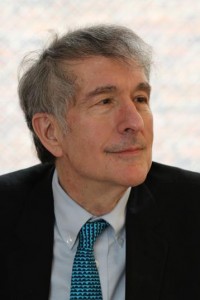
Howard Gardner (source: author’s own).
This letter is from Howard Gardner, PhD. Dr. Gardner is the Hobbs Professor of Cognition and Education at the Harvard Graduate School of Education, Adjunct Professor of Psychology at Harvard University, and Senior Director of Harvard Project Zero. He is best known for his theory of multiple intelligences, a critique of the notion that there exists but a single human intelligence that can be adequately assessed by standard psychometric instruments. During the past two decades, Gardner and colleagues at Project Zero have been involved in the design of performance-based assessments; education for understanding; the use of multiple intelligences to achieve more personalized curriculum, instruction, and pedagogy; and the quality of interdisciplinary efforts in education. For more info, please visit Dr. Gardner’s website.

FROM THE DESK OF HOWARD GARDNER:
Dear Howie,
For your bar mitzvah, cousin Walter gave you book plates decorated with three pictures: a book cover (you love to read); a musical score (you are an avid classical pianist); and a spade (you are a gard(e)ner). Those icons capture you: not athletic, not particularly social (though you have close friends), eager to go to college and to test yourself in a world wider than Scranton, Pennsylvania.
This year, Uncle Fred gave you a psychology textbook. I doubt that you knew about this subject—except for Fred, your family is not oriented toward academics. But as you leafed through the book, a picture caught your eye: the Ishihara test for color blindness. Severely color blind, you have pondered how the world looks to others. But you had not realized that scientists can study color-blindedness and elucidate what you can and cannot see.
I became a research psychologist. Though color blind, myopic, without stereoscopic vision, and prosopagnosic (all intriguing conditions!), I nonetheless elected to study artistic vision. I wrote my doctoral thesis on how individuals recognize the styles of visual artists; I was a founding member of Harvard Project Zero, a research group focused on artistic cognition; and I belong to two artistic boards (the Boston Landmarks Orchestra and New York’s Museum of Modern Art). Clearly the seed planted by Uncle Fred benefited from the gardening suggested by cousin Walter.
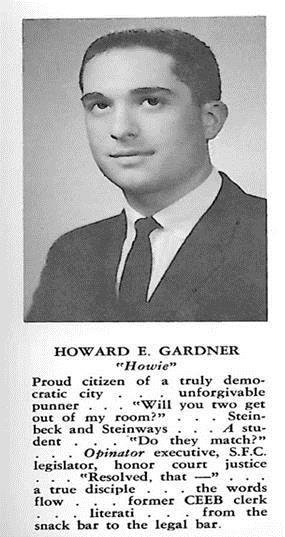
“Howie” in his school yearbook (source: author’s own).
By no means do I urge you to become a psychologist. (Even twenty-five years ago, I realized that neuroscience and genetics were equally germane for my scholarly interests). I urge you not to take the line of least resistance for a bright Jewish boy— becoming a doctor or a lawyer. I’d add that you should not unreflectively follow those of your peers who feel that they need either become a management consultant (McKinsey) or an investment banker (Goldman Sachs).
I know that you don’t believe in reincarnation or in an afterlife. You only get one shot on earth, and it could terminate at any time. I have two recommendations that you’ve heard from others. But since they come from someone who shares your DNA, I hope that they have added credibility:
1. Follow your passion, your love, do what you most want to do vocationally and avocationally. Don’t worry about how much money you will make or what others will think. If you embrace your interests and follow them well, you will be fine.
2. Think beyond your own needs and desires; serve the wider community. Following my quarter century of psychological research, I’ve spent the last twenty years trying to understand how individuals become good workers and good citizens and trying to help people your age pursue and embrace these broader forms of service.
Given your many talents and your supportive family, I have full confidence that you’ll make us proud of what you accomplish and how you accomplish it.
Howard
Editor’s Note: Dear Me, Future Psychologist is inspired by the Dear Me book series by Joseph Galliano. Special thanks to David A. Meyerson, Ph.D. for curating these.

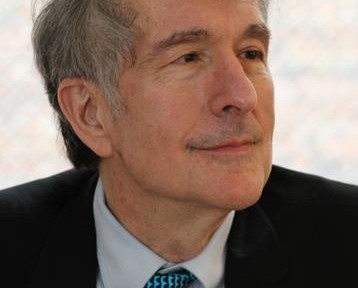
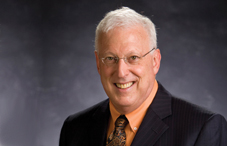

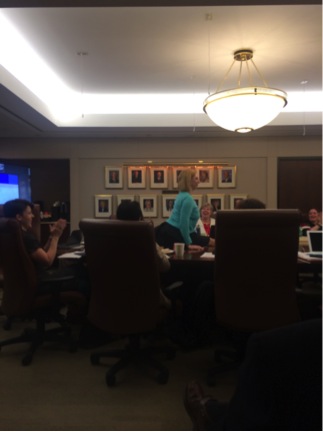
 Psychology doctoral program at Argosy University Denver held responsible for lying. University ordered to pay millions to its students.
Psychology doctoral program at Argosy University Denver held responsible for lying. University ordered to pay millions to its students.